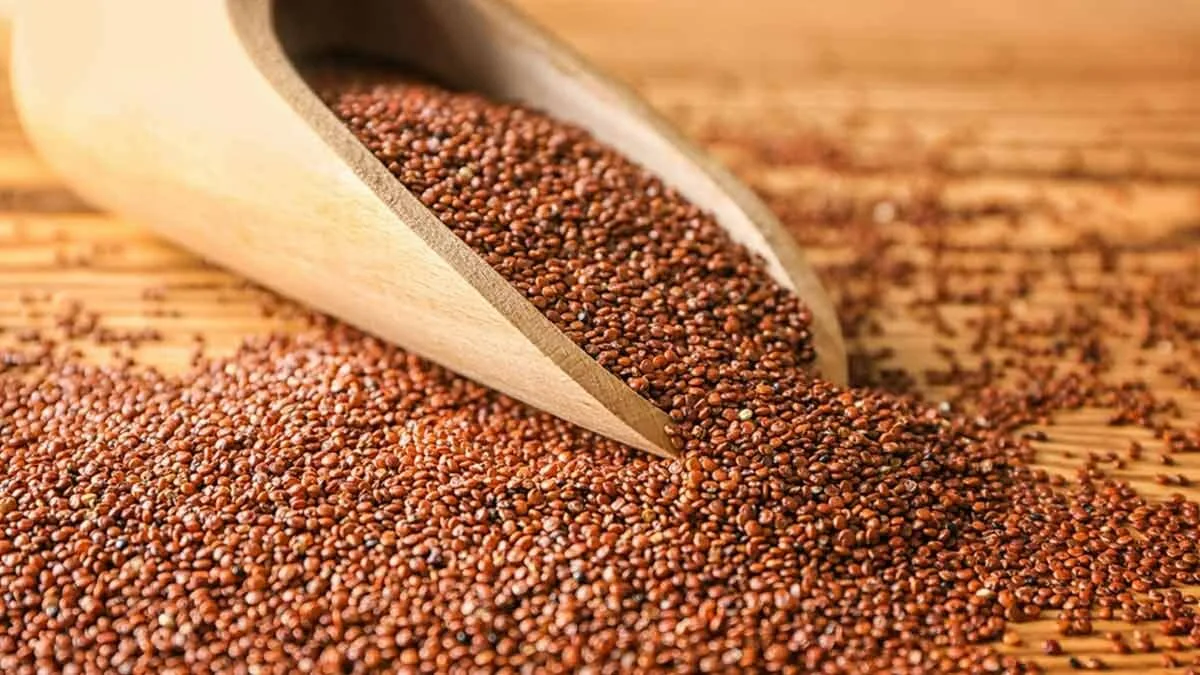
1. Nutrient-Rich: Halim seeds are a good source of essential nutrients, including vitamins (A, C, E, and K), minerals (calcium, iron, magnesium, and phosphorus), and antioxidants.
2. Rich in Iron: These seeds are particularly high in iron, making them beneficial for individuals with iron-deficiency anemia. Iron is essential for the production of hemoglobin and red blood cells.
3. Digestive Health: Halim seeds contain dietary fiber, which aids in digestion and helps prevent constipation. The fiber content also promotes a healthy digestive system.
4. Weight Management: The fiber in halim seeds can contribute to a feeling of fullness, potentially aiding in weight management by reducing overall calorie intake.
5. Bone Health: The presence of calcium and phosphorus in halim seeds is beneficial for maintaining strong and healthy bones.
6. Immune System Support: The vitamins and antioxidants in halim seeds contribute to the overall health of the immune system, helping the body fight off infections and illnesses.
7. Skin Health: The combination of vitamins and antioxidants may contribute to healthier skin. It may help in preventing skin issues and promoting a radiant complexion.
8. Regulation of Menstrual Cycle: Some traditional practices suggest that halim seeds may have a role in regulating the menstrual cycle, providing relief from menstrual discomfort.
9. Postpartum Recovery: In some cultures, halim seeds are consumed postpartum to support recovery. The nutrient content, including iron, can be beneficial for new mothers.
10. Anticancer Properties: Some studies suggest that the antioxidants present in halim seeds may have potential anticancer properties, although more research is needed in this area.

Post Your Comments